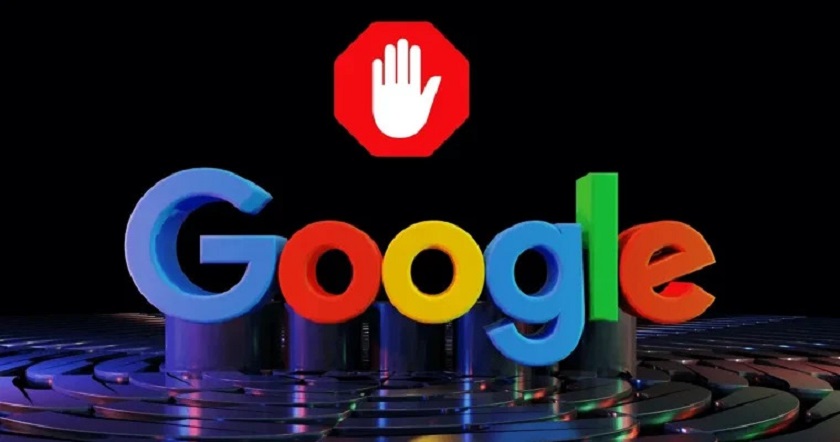
The end of ad blockers in Chrome: Google is switching to a new API next year
Google has announced that it will disable the Manifest V2 API in the Chrome browser, which is used to power most ad blockers and other extensions.
Google will completely switch to the Manifest V3 API, and users will lose the ability to install plugins based on the Manifest V2 API. Extensions will start to be disabled in Chrome Dev, Canary, and beta builds as early as June 2024 with the release of Chrome 127 and later.
Even after developers update their solutions for Manifest V3, their functionality will be severely limited. The mechanism of the chrome.webRequest API, which previously allowed blocking data, will change and will now be used to collect data.
In the Manifest V3 API, the chrome.declarativeNetRequest API is responsible for blocking, but it cannot change all network request data, as Web Request did. In the Manifest V3 API, developers must use a different system called the declarativeNetRequest API, in which extensions must create a blocklist of predefined addresses to block.
Why is this a problem? Because Manivest V3 allows extensions to run only 30,000 rules, and most ad blocking extensions need to run at least 300,000 rules to work effectively. Accordingly, their efficiency will be significantly reduced. NordVPN developer
The change will affect not only Google Chrome but also other Chromium-based browsers, including Opera, Microsoft Edge, and Vivaldi.

